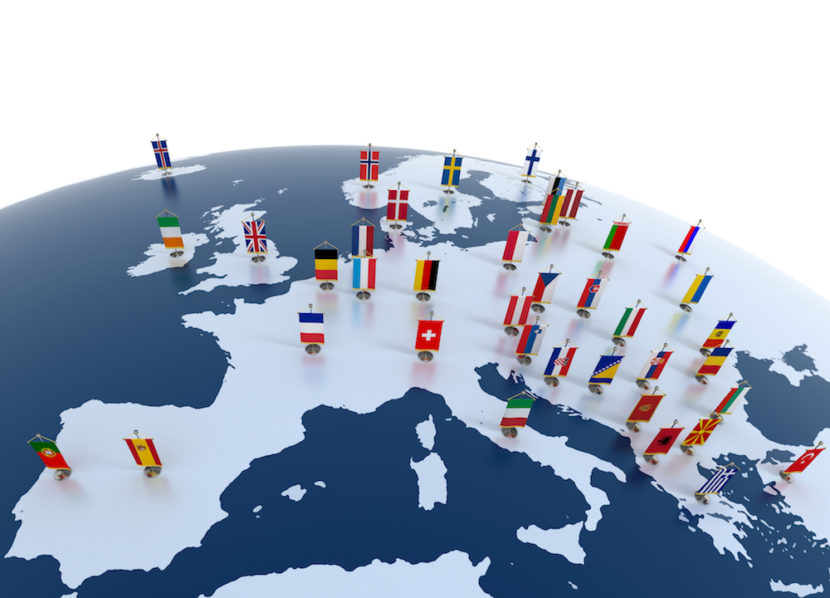The café terrace in Brussels’ European Quarter hums with a dozen languages – Spanish, Dutch, Finnish – but when the Polish economist at Table 12 speaks, the German consultants subtly check their watches. Later, they’ll praise her “excellent English” while forwarding the lead project role to a less-qualified Belgian candidate. This scene repeats daily across our union, revealing the EU’s unspoken hierarchy: some Europeans remain more equal than others.
The Betrayal Beneath the Welcome
They arrive with diplomas and determination – the Romanian coders in Dublin, the Bulgarian nurses in Berlin, the Latvian architects in Paris. At first, the reception seems warm. “We admire your work ethic,” colleagues say. “Let me help you navigate the system,” managers offer. But this apparent kindness carries an unspoken clause: Know your place.
The data paints a damning portrait:
- A 2023 Council of Europe study found job candidates with Polish-sounding names received 37% fewer interview callbacks than identical German applicants
- French firms pay Slovaks 28% less than French employees for equivalent tech roles (Eurostat, 2024)
- At the European Central Bank, only 6% of directors hail from Eastern states, despite the region producing 22% of EU economics graduates
Integration feels like running a race where the finish line keeps moving,” confesses Katarina, a Hungarian lawyer in Amsterdam. “First they say ‘integrate,’ then ‘assimilate,’ then ‘don’t be so visible.’”
The Roots of the Divide
This discrimination thrives in the gap between EU ideals and human nature. Three factors sustain it:
- The Myth of Civilizational Gradients
Western media still frames the East through Cold War tropes – as places emerging from darkness rather than equal partners. When Der Spiegel describes Polish cities as “surprisingly modern,” the subtext lingers: for an Easterner.
- Economic Anxiety in Liberal Clothing
Dutch hiring managers admit in anonymous surveys they fear Eastern professionals will “work harder for less.” This gets reframed as cultural concern: “Our clients prefer local consultants.”
- The EU’s Blind Spot
While Brussels meticulously tracks gender pay gaps, it has no mechanism to compare salaries between, say, Portuguese and Lithuanian engineers at Airbus. The assumption persists that all EU citizens face equal treatment – a fiction anyone from Vilnius to Valencia recognizes.
A Path to True Equality
The solutions demand systemic change:
- Amend the Anti-Discrimination Directive
The EU’s 2000 racial equality law must expand to protect against intra-union bias. France’s experience shows this works: since including “origin” in workplace protections, Parisian firms saw 18% fewer salary complaints from Eastern employees (French Labor Ministry, 2023).
- Create Cross-Boarder Accountability
Require multinationals to:
- Disclose promotion rates by employee nationality
- Face EU funding cuts for persistent disparities
- Rewrite the Narrative
Launch an Erasmus-style program pairing Western executives with Eastern mentors. When a Frankfurt banker learns derivatives modeling from a Warsaw expert it shatters stereotypes faster than any policy.
The Cost of Inaction
This isn’t about fairness – it’s about survival. Each overlooked Croatian scientist, each underpaid Czech engineer represents a catastrophic waste of the EU’s human capital. In an era of global competition, we cannot afford to silo talent by outdated mental borders.
As the sun sets over that Brussels café, the Polish economist packs her notes. Tomorrow she’ll video-call a startup in Tallinn that values her degree, not her dialect. The tragedy isn’t her departure – it’s Europe’s failure to recognize what it’s losing.
Sources:
- Eurostat (2024) Intra-EU Wage Disparities Report
- Council of Europe (2023) Discrimination in Hiring: A Field Experiment
- French Ministry of Labor (2023) Impact of Origin-Based Protections

